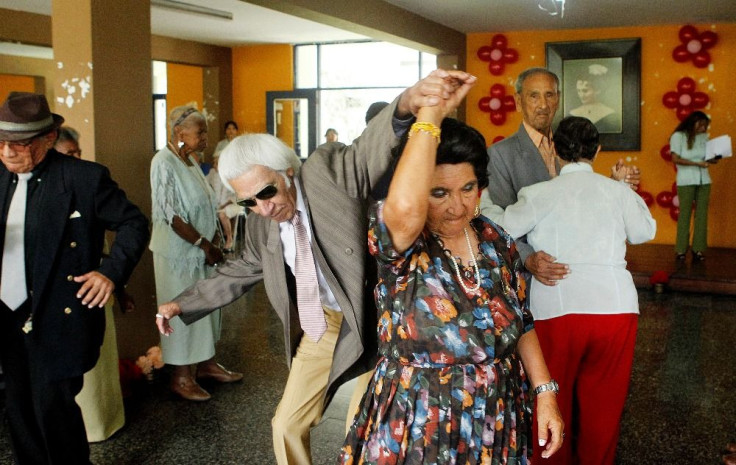Switzerland ranks best place to live for older adults

Switzerland is the best place in the world to grow old, according to the latest Global AgeWatch Index from HelpAge International and the University of Southampton. The report, which assesses the social and economic wellbeing of the older population in 96 countries worldwide, ranks Norway, Sweden, Germany and Canada in the top five. Afghanistan, meanwhile, is ranked last.
Representing 91 percent of the world’s population aged 60 and over, the index includes some 901 million people. It measures the lives of older people in four key areas: income, health, education and employment and the enabling environment. According to the report, countries that invest in improving the lives of older people are at the top of the index. These nations, which include Japan at 8th place, US at 9th place and UK at 10th place, implement policies which promote social pensions, universal healthcare and enabling physical and social environments for older people.
At the other end of the spectrum, African countries make up half of those with low income security rankings and poor health results. European countries including Greece, Venezuela and Turkey are in a similar position to sub-Saharan African and Asian countries. The report shows that all the world’s regions are represented in the lowest quarter, reflecting that the need for improvements in lives of older people apply in countries across the world.
“The index has shown that a number of countries still lack vital statistics of older people and we would like to see them feature in the report in the future,” says Professor Asghar Zaidi of the Centre for Research on Ageing at the University of Southampton, who led the development of the index. In all countries of the world, the proportion of older people is growing, claims Toby Porter, chief executive of HelpAge International Today. He says that by 2050, 46 of the 96 countries in the index will have 30 per cent or more of their populations aged 60 and over.
Other findings of the Global AgeWatch Index 2015 include the widening of gap in life expectancy at age 60 between countries at the top and bottom of the index, from 5.7 years in 1990 to 7.3 years in 2012. The report shows that people aged 60 in Japan have the highest life expectancy and live on average an additional 26 years, while people aged 60 in Afghanistan, live on average an additional 16 years. The average life expectancy at 60 across all featured countries is 21 years, according to the index.
The report also shows that poverty rates among older people also vary dramatically. Among the countries included in the index, the Republic of South Korea currently has the highest poverty rate among older people, followed by Venezuela, Australia, Bolivia and Honduras. In addition, the Global AgeWatch Index 2015 says that a lifetime of gender discrimination, combined with inequality in old age, can have a devastating effect on older women. Women usually earn less than men, so opportunities to save for later life are limited, increasing their risk of poverty in old age, the report finds.
Contact the writer at feedback@ibtimes.com.au or tell us what you think below.





















